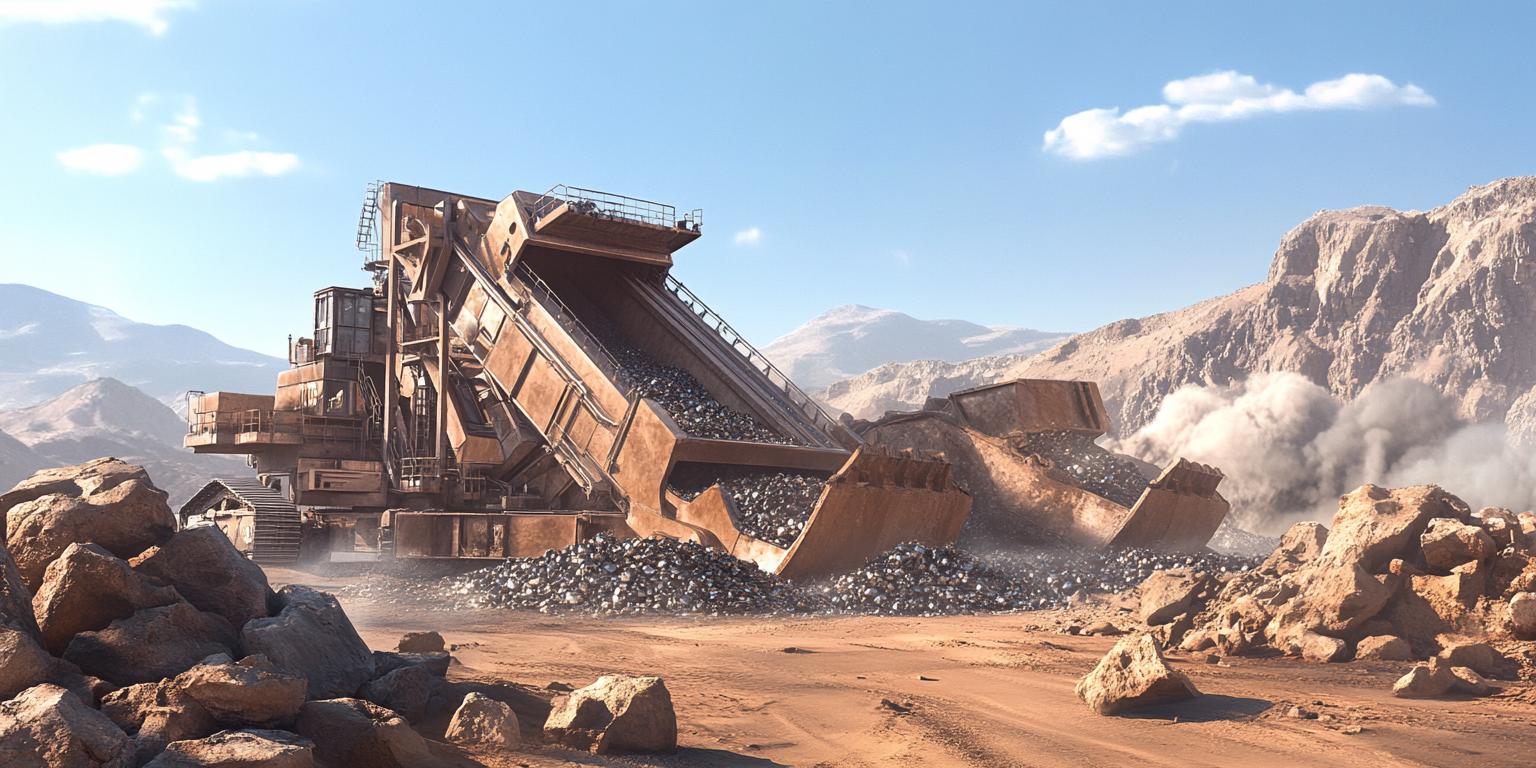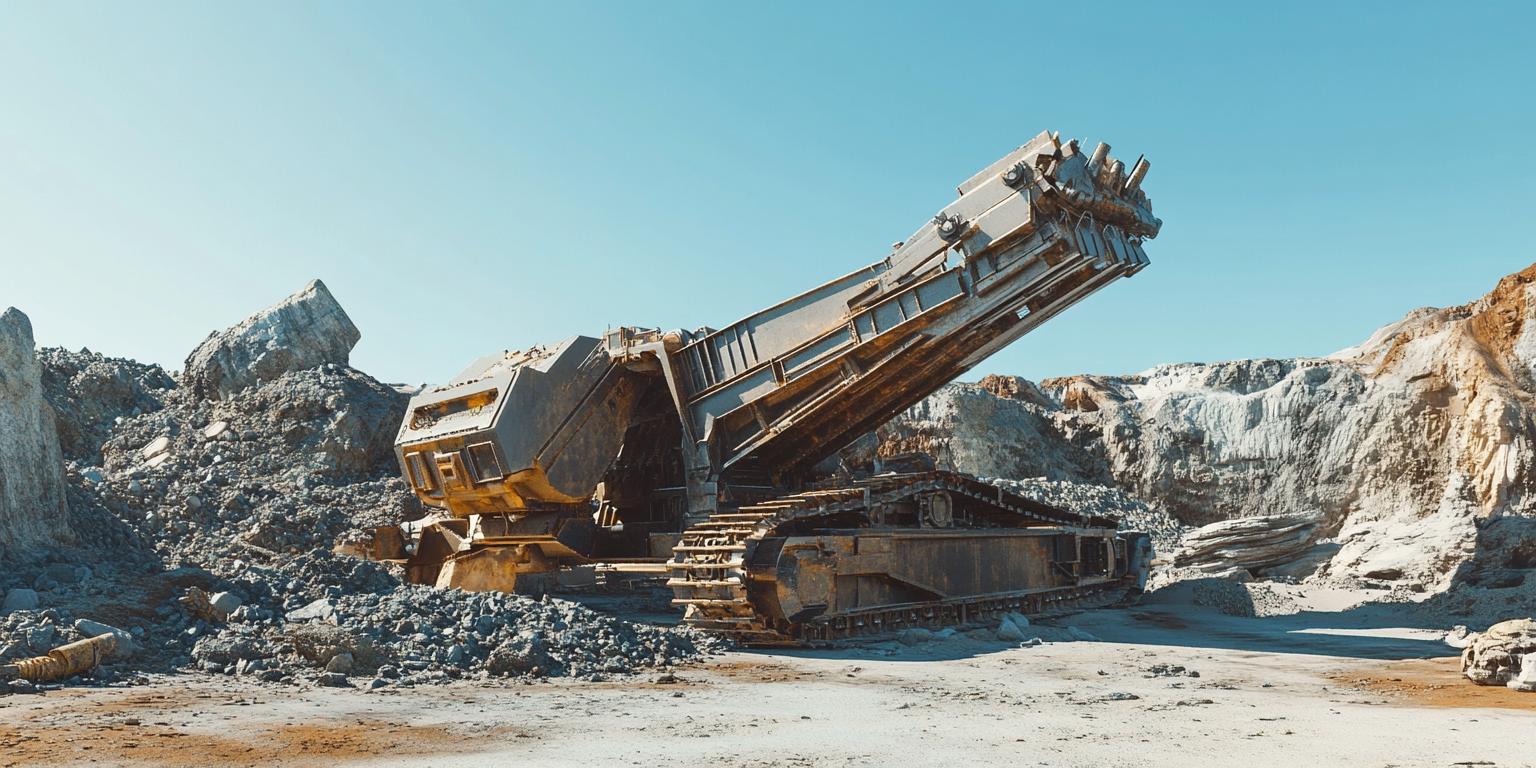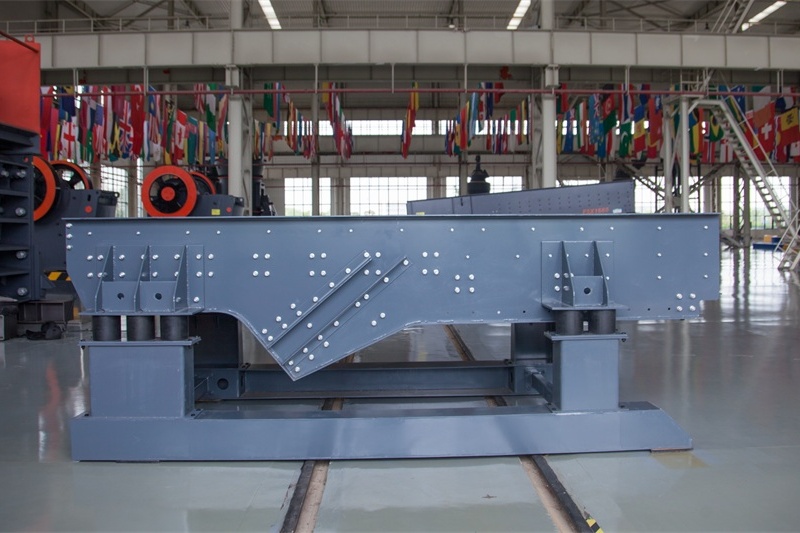
When it comes to large - scale counter - attack crushing equipment selection, the hardness and moisture content of different ores play a crucial role. In this article, we'll delve into how these factors impact your choice of equipment and guide you through making the most suitable decision.
Let's first take a look at the core indicators of common ores such as limestone, granite, and basalt. These indicators include hardness, moisture content, and particle size composition, which all have specific requirements for the crushing process.
| Ore Type | Hardness (Mohs Scale) | Moisture Content (%) | Typical Particle Size (mm) |
|---|---|---|---|
| Limestone | 3 - 4 | 2 - 5 | 50 - 300 |
| Granite | 6 - 7 | 0.5 - 2 | 100 - 500 |
| Basalt | 5 - 6 | 1 - 3 | 80 - 400 |
"The physical properties of ores are the key to determining the appropriate crushing equipment. Ignoring these factors can lead to inefficiencies and increased costs." - Industry Expert

In the primary, secondary, and tertiary crushing stages, different equipment configurations are required. Let's analyze the typical configuration schemes, including chamber design, screen plate gap, and feeding method.
For primary crushing, a larger chamber design is usually needed to handle large - sized ores. The screen plate gap should be relatively wide to prevent blockage. A proper feeding method can ensure a continuous and stable supply of ores.
During secondary crushing, the chamber design needs to be optimized to improve crushing efficiency. The screen plate gap should be adjusted according to the desired particle size. The feeding rate also needs to be controlled to avoid over - crushing.
In the tertiary crushing stage, a more precise chamber design and smaller screen plate gap are required to achieve the final fine particle size. The feeding method should ensure uniform distribution of ores.

In the crushing process, common problems such as over - crushing, blockage, and uneven discharge may occur. Let's understand their causes and how to optimize the equipment through debugging.
Over - crushing is often caused by improper chamber design or excessive feeding. Blockage can be due to high moisture content or inappropriate screen plate gap. Uneven discharge may result from uneven feeding or worn - out parts.
"We once had a project where the equipment was frequently blocked. After analyzing the ore moisture content and adjusting the screen plate gap, the problem was solved, and the production efficiency increased by 30%." - Customer Feedback
Let's look at some real - world projects to see how scientific equipment selection can improve overall benefits. In a project dealing with complex ores, by carefully considering the ore hardness and moisture content, the customer chose the right equipment configuration. As a result, the crushing system stability was significantly improved, and the economic benefits increased by 25%.

When dealing with complex ore conditions, the CI5X heavy - duty rotor high - efficiency counter - attack crusher is an excellent choice. CI5X, built with 30 years of experience, is specifically designed for complex ore environments. It can adapt to different ore hardness and moisture content, ensuring high - efficiency and stable operation.
Are you still struggling with the selection of counter - attack crushing equipment? Have any questions about ore characteristics or equipment configuration? Leave your comments below, and our experts will be happy to help you! Click here to learn more about the CI5X heavy - duty rotor high - efficiency counter - attack crusher and take your crushing operations to the next level.